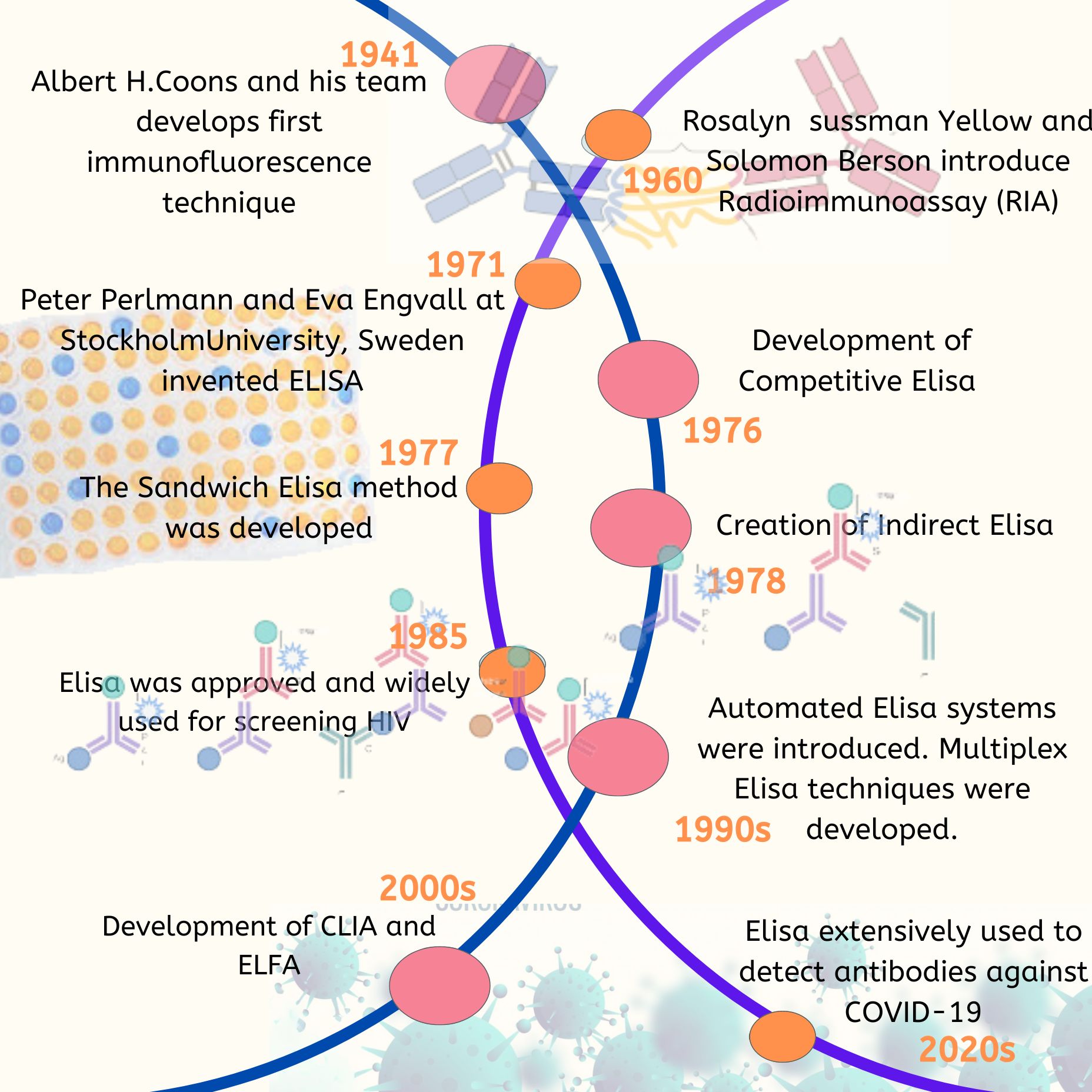This syndrome almost always develops among the male population and is characterized by the neurological and behavioral abnormalities. This inherited condition affects the way the purines buildup and are broken down by the body. It is estimated that Lesch-Nyhan Syndrome can affect around 1 in 380,000 individuals.
Causes
This develops as the result of genetic mutation identified in the gene HPRT1 which is responsible for the production of an enzyme known as hypoxanthine phosphoribosyltransferase 1. This enzyme is necessary for the recycling of purines which are a part of human tissue. The recycling of purines means the cells have sufficient building blocks for the production of DNA and RNA. The genetic mutation results in the total absence or the deficiency of this enzyme and hence the purines cannot be recycled resulting in the elevated levels of uric acid in the body. This condition is inherited in an X-linked recessive pattern meaning the genetic mutation is located on one of the sex chromosome (X-chromosome). As males only have one X chromosome unlike the females who have two X chromosome, this syndrome mostly affects the males.
Symptoms
The excessive uric acid can cause gouty arthritis, kidney and bladder stones. The nervous system and behavioral problems may include involuntary movement of the muscle, jerking movements and flailing of the limbs. One of the characteristic features of this syndrome includes the self-destructive behavior including chewing off fingertips, lips and head banging. These individuals usually are not able to walk and require assistance and the use of a wheelchair.
Diagnosis
The diagnosis is possible with the clinical evaluation and with various blood tests. The children with this condition present the elevated level of uric acid in their blood. The deficiency or the total absence of the enzyme hypoxanthine phosphoribosyltransferase in the cells can confirm the diagnosis. The prenatal diagnosis is also possible by enzyme analysis and in the identification of an affected family member. Molecular genetic testing can also confirm the diagnosis with the identification of the gene that is responsible for the cause of this syndrome.
Treatment
The treatment is based on the symptoms that are evident in each case. The treatment may include the coordinated team effort of several specialists to devise an effective treatment plan for the child. Allopurinol medication is used to remove the excessive quantity of uric acid from the body. The kidney stones may be treated with extracorporeal shock wave lithotripsy where the high energy shock wave breaks up the stone into small fragments which are passed with the urine. No form of drug therapy has been effective for the neurological problems. In the case of self-injury, physical restraint at the hips, elbows and chest may be needed. Various medications have been used to treat the behavioral abnormalities and anxiety symptoms. In some cases, the genetic counseling may be beneficial for the affected families and children with this condition.
References
https://ghr.nlm.nih.gov/condition/lesch-nyhan-syndrome#inheritance
https://medlineplus.gov/ency/article/001655.htm
https://rarediseases.org/rare-diseases/lesch-nyhan-syndrome/



